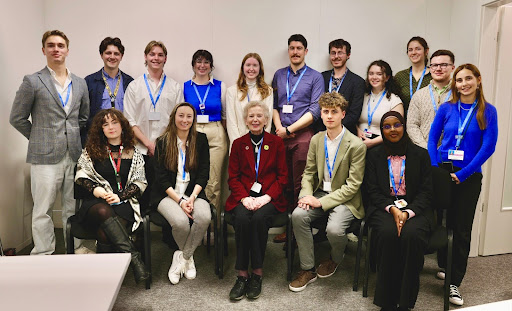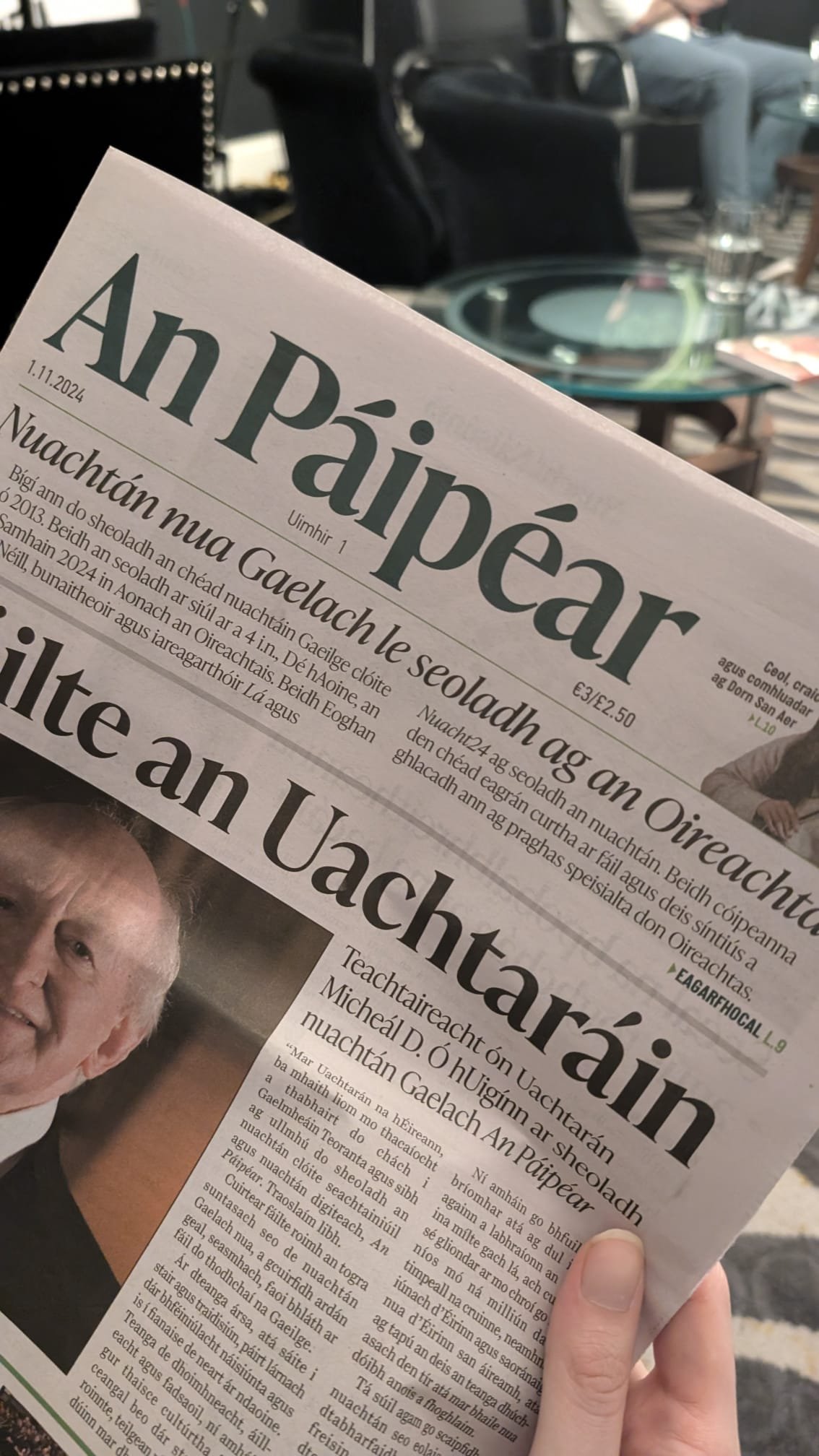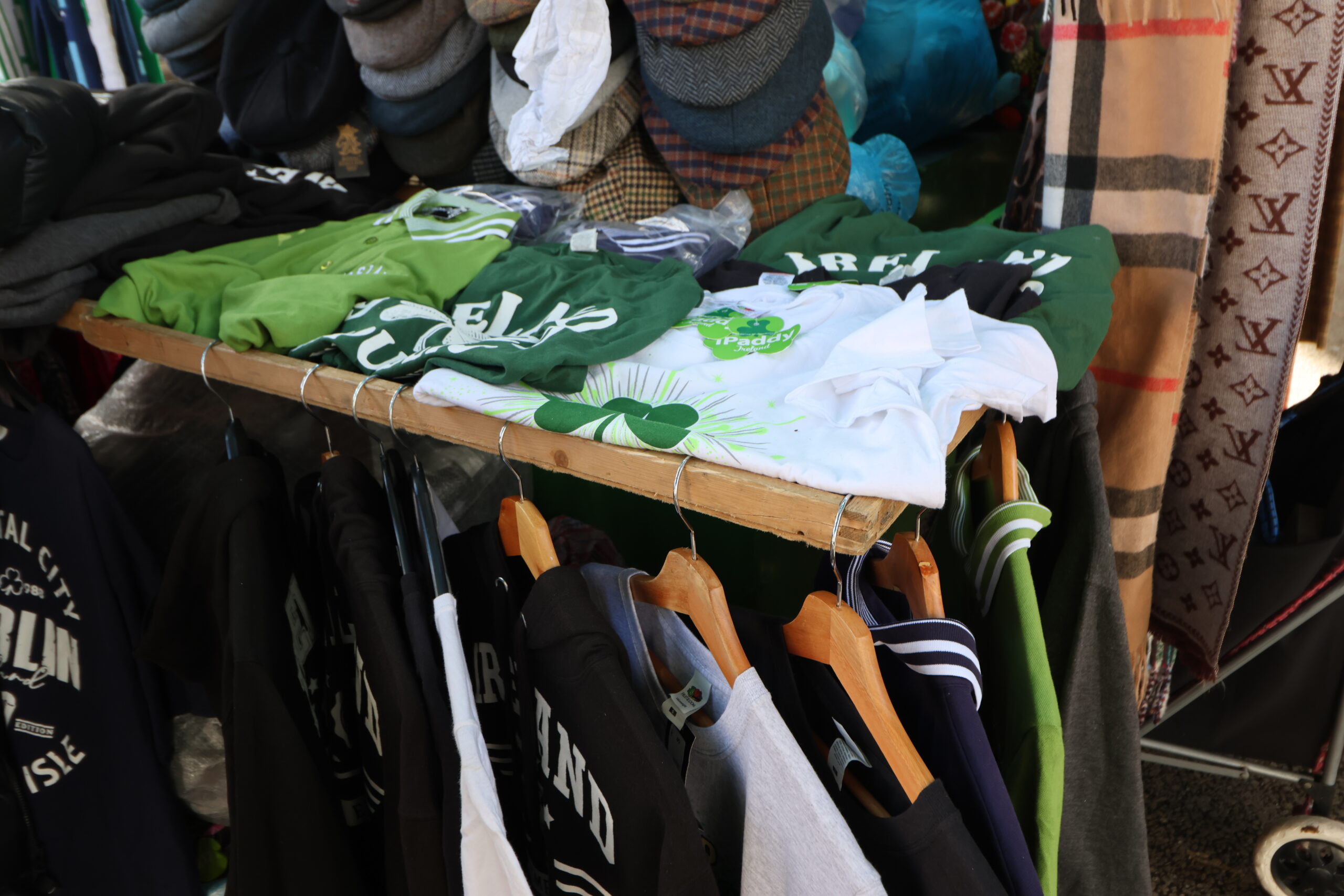Samuel Riggs | Staff Writer
This year’s theme for Rainbow Week is ‘Perfectly Queer’. The word ‘queer’ has been reclaimed, recently, from the meaning it once held for many people, Too often, especially in Ireland, the word ‘queer’ comes with a host of negative connotations. Growing up, in primary school, it meant that something was strange, out of the ordinary, not the usual. It was something undesirable, but not necessarily wholly negative or bad. It was only in secondary school that the meaning of it became fine-tuned; an insult thrown across playgrounds at people who didn’t fit in with the socially accepted norms; who didn’t adhere to the parameters and limitations of what was deemed desirable to be at the time. Being queer was bad; being queer meant you didn’t fit in, you weren’t welcome, that society wasn’t your friend because you weren’t even trying to be what society wanted you to be. All too often, personally, this insult was thrown at me. It is a word that has left scarring traces on my self esteem, my confidence. The thought of it being yelled at me still brings me out in a cold sweat to this day – it was what was once chanted as I walked through corridors, clutching books to my chest like a shield, trying to ward off the insult, the shame of it; the word branded me as someone out of the ordinary, someone who wasn’t welcome, someone who would never be fully brought into the fold and made to feel at home with the people around me.
That is why, I readily admit, that when I came to college, and I heard people proudly proclaiming themselves as queer, it seemed inherently strange to me – I wasn’t comfortable with this word, and I wasn’t okay with people saying that I was queer. I mean, I knew I was gay, but queer? No. I refused to allow myself to be called that. At the time, to me, it meant an open declaration of not-fitting-in. It meant that we were alienating ourselves from the community at large – we were, in my mind, letting them win by calling ourselves what they called us – something slanderous, mean. Indeed, the word was propagating the idea of a ‘Them & Us’ culture – it put us at a remove, it didn’t allow for even the slightest assimilation into the community. And for me, coming from a place where all I had ever been was out of place, assimilation and acceptance was something I craved – just being normal and being perceived as normal and part of the larger framework of existence, rather than becoming, once more, a social pariah. It is only recently that I’ve changed my opinion on the word queer, and changed my perceptions about its reclamation of use by the LGBTQ community – through Q SOC and exposure to its real meaning, I have come to accept it, become comfortable with it, embrace it as defining what I am.
The word ‘queer’ originates from the idea of ‘Queer Theory’. Not many people have heard of this idea – I guess that’s why it was chosen as the theme of Rainbow Week this year, to make people aware of what queer is, and what it means. Queer Theory arose from ideas of deconstructionalist theory, gender studies and gay and lesbian studies in the early 1990s. It was proposed by such literary greats as Adrienne Rich and Judith Butler, who found that they couldn’t identify themselves as being within the limitations and boundaries of ‘heterosexual’ or ‘homosexual’, and that the ideas expressed within their works didn’t fit in with the simple ‘straight’ or ‘not straight’ views on literature that had persisted so far. It proposes that gender identity, sexual identity and gender expression are ideas that are not fixed in the human consciousness – that we can express our gender outside of the binaries of heterosexual and homosexual, man and woman that have become embedded in literature thus far. Much like deconstructionalist theory, it purports that nothing is a fixed point of thinking – that we, as humans, have the capacity to be fluid in our sexuality and our gender, and that fluidity in these fields is an ever-increasing concept in literature today.
In a society that is, gradually, becoming more accepting of things which are outside the norm and do not fit into the binaries upon which we construct our ideals of the world, Queer Theory and Queerness is something which is becoming more and more accepted. For those of you who are lost so far, and have no idea what any of this stuff means, it’s really quite simple – queerness is something which is outside of the normal ways of thinking and living. It’s not negative, it’s just different. It’s not wrong, it’s just not the same as the majority. Understanding Queerness and the idea of being queer doesn’t have to be complicated – it’s just being accepting and understanding of ways of living life which may not fit in with the ways many people are used to – I’ve come around to the use of the word ‘queer’, and its reclamation by the LGBTQ community. It’s not difficult, it’s just taking away the stigma attached to the word, and understanding that ‘queer’ is not a deviancy or a bad thing in any way, shape or form. It’s simply different – and being different is something I know we’re all a little bit familiar with.
We’re all a little bit queer, in that way.







